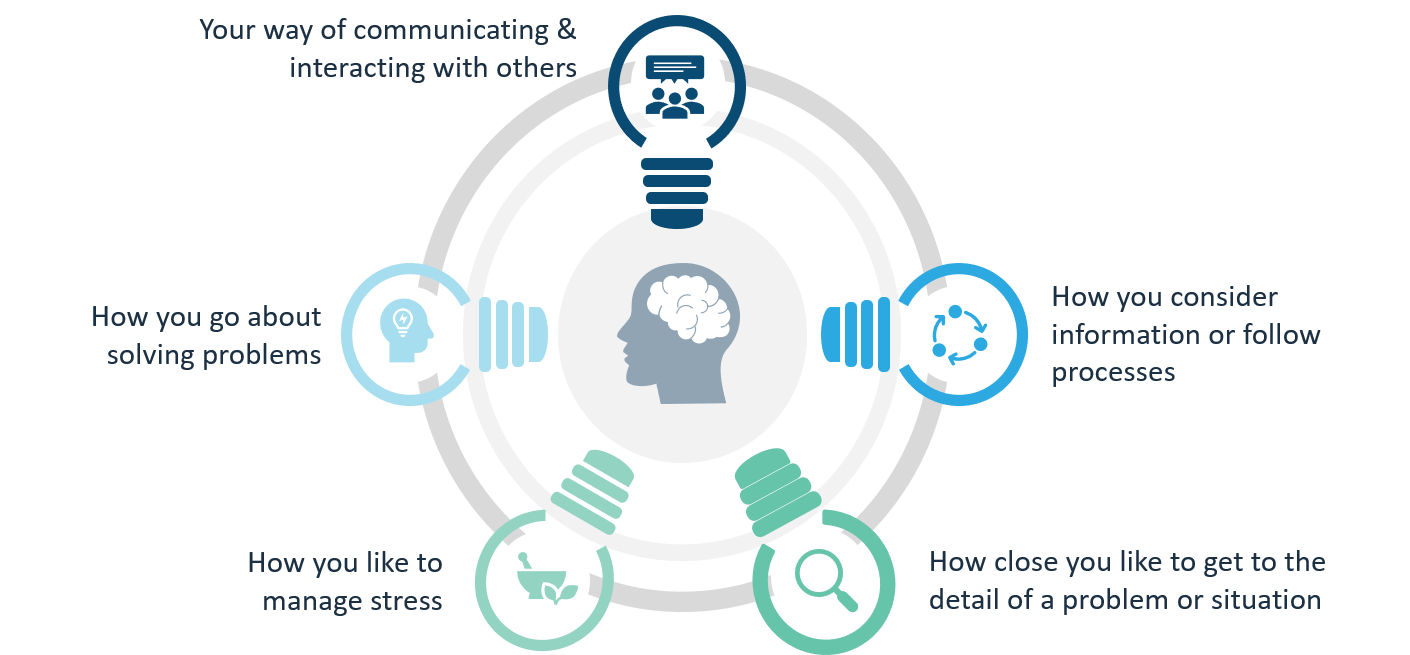Isn't it time for Teachers to have Refresher Courses in Psychometric Assessments?
In the dynamic realm of education, where adapting to evolving teaching methodologies and assessment practices is essential, one crucial aspect often overlooked is psychometric assessment; a powerful tool for gauging student performance and evaluating teacher effectiveness.
Psychometric assessment involves the systematic measurement of psychological constructs like knowledge, abilities, personality traits, and attitudes using standardized tests or assessment tools. These assessments are meticulously designed to ensure reliability, validity, and objectivity, providing invaluable insights into student learning and teacher performance.
Understanding the significance of psychometric assessment is paramount for teachers. It enables educators to gain deeper insights into their students' strengths and weaknesses, allowing them to tailor teaching strategies to meet individual learning needs and ultimately improve learning outcomes.
Furthermore, psychometric assessment plays a pivotal role in evaluating teacher effectiveness by assessing pedagogical skills, subject knowledge, and interpersonal attributes. The feedback provided by these assessments supports continuous professional development and enhances teaching practices.
With recent curricular changes on the horizon, such as the impending introduction of a new O-level curriculum yet to be tested by UNEB, the need for teachers to grasp psychometric assessment concepts is more pressing than ever. As teaching methodologies and assessment frameworks evolve, educators must stay updated to effectively implement the new curriculum and accurately assess student progress.
Enter psychometric assessment refresher courses: a crucial component in equipping teachers with updated knowledge and skills. These courses are specifically designed to ensure educators are well-prepared to navigate the complexities of assessment processes effectively.
The recent statement from UNEB, addressing misinformation about grading system integrity circulating on social media, underscores the critical importance of maintaining standards of fairness and objectivity in educational assessments. UNEB's emphasis on the necessity for teachers to possess a comprehensive understanding of assessment processes highlights the need for rigorous professional development in this area.
Integrating insights from UNEB's statement into psychometric assessment refresher courses offers multifaceted benefits for teachers' professional development. By aligning teacher training initiatives with UNEB's standards of assessment excellence, educators can uphold the integrity and credibility of their assessment practices, minimizing discrepancies with the final examination body's standards.
While efforts by organizations like NCDC to conduct countrywide teacher trainings for the new curriculum, including assessment, are commendable, challenges remain. Some teachers and schools struggle to implement the methodologies needed for the competence-based new curriculum, indicating the ongoing need for targeted support and training initiatives.

